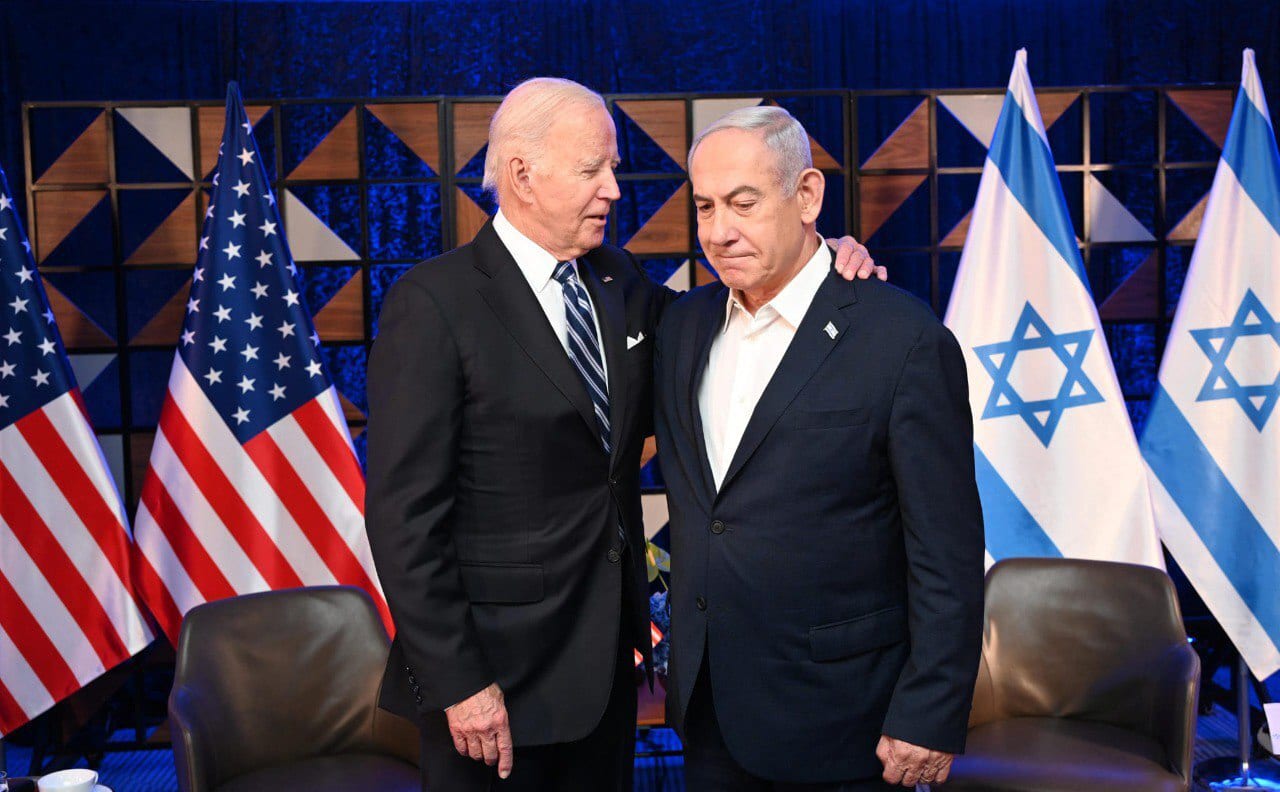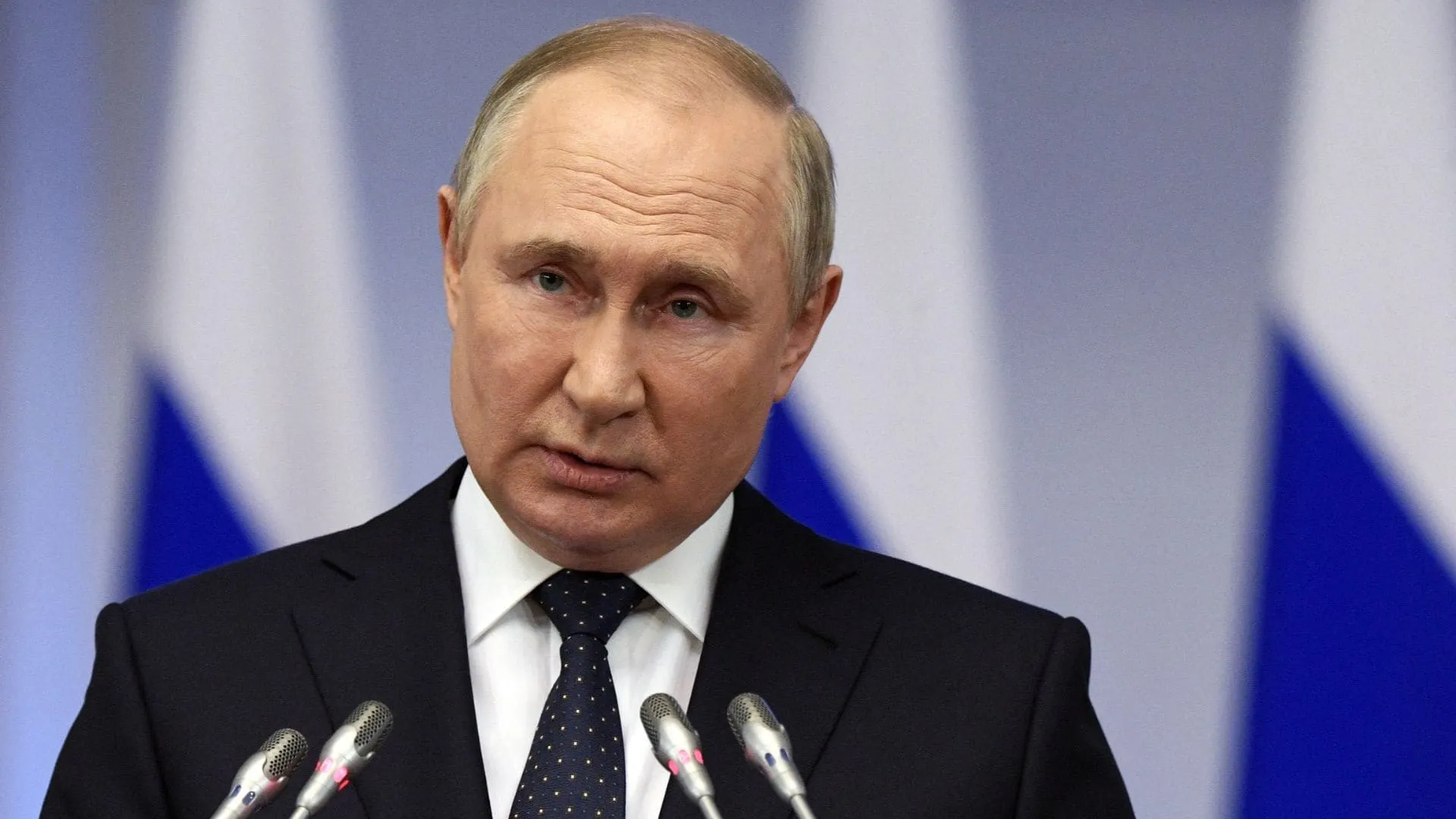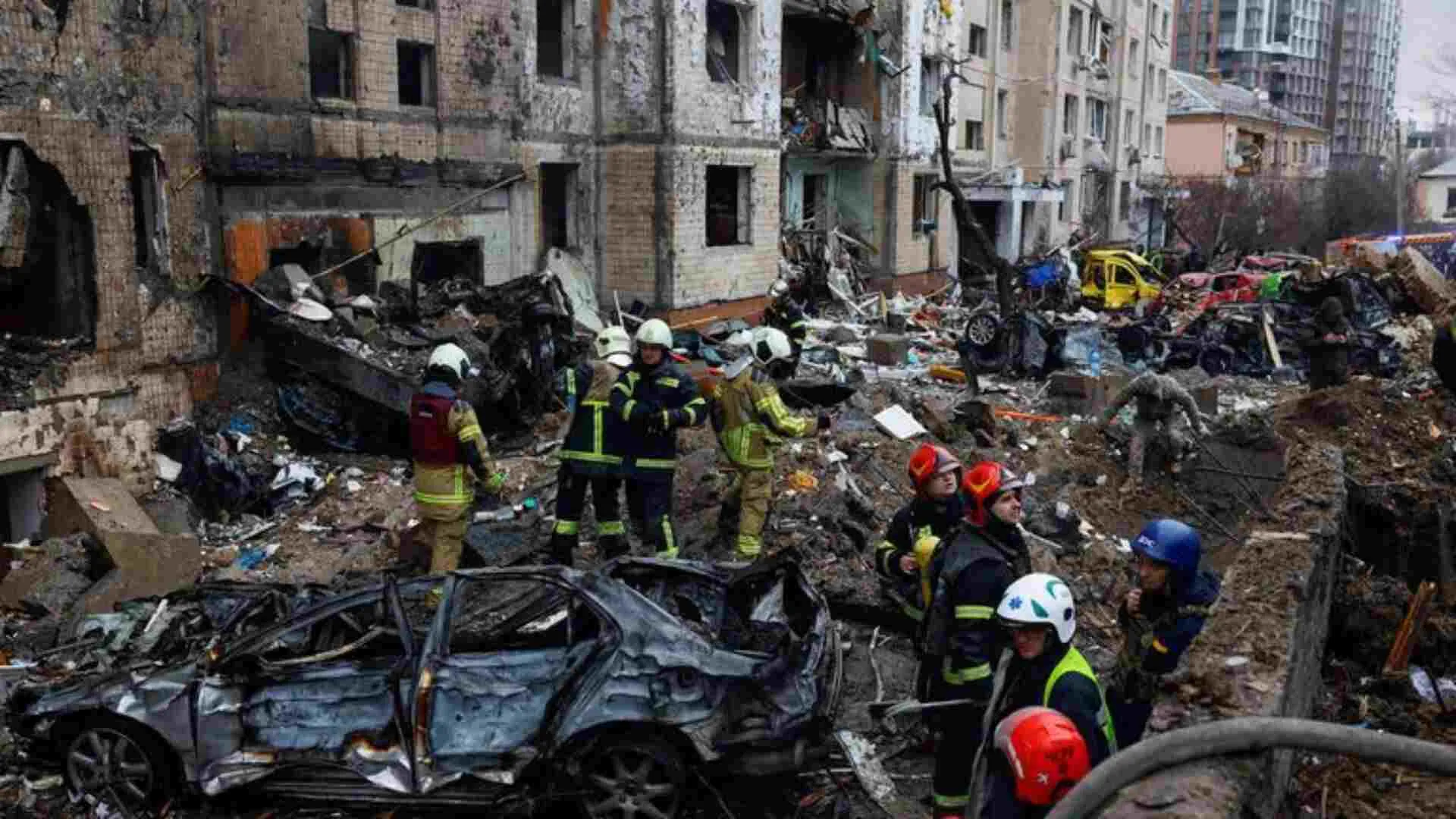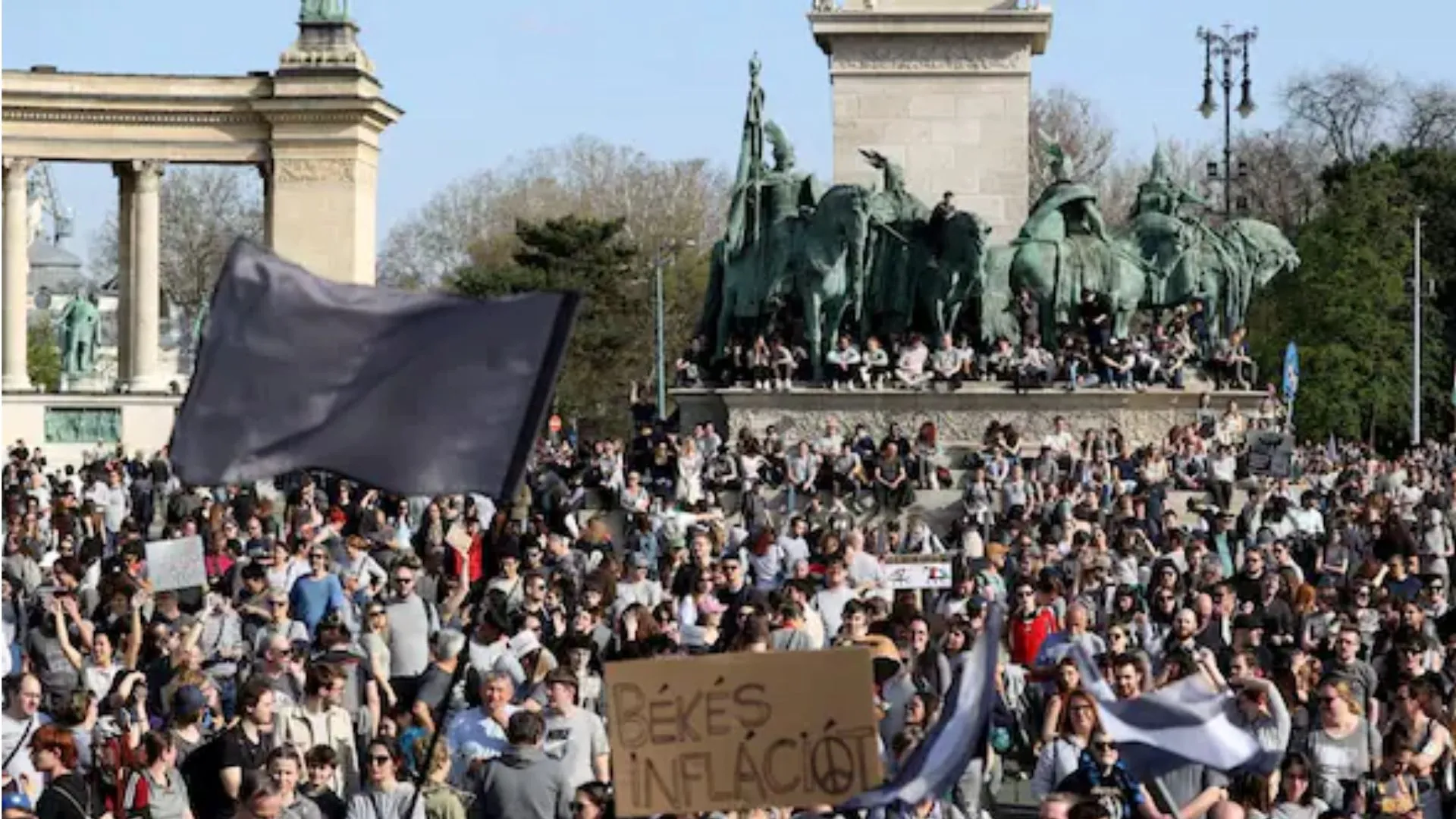US President Joe Biden recently reaffirmed his opposition to a Rafah invasion to Israeli Prime Minister Benjamin Netanyahu. This came after Israel’s defiance of US warnings, directing Palestinians to evacuate parts of southern Gaza. Biden’s stance, conveyed in an April call with Netanyahu, remains resolute. The US emphasises that any offensive must include a credible plan to aid the 1.2 million civilians in the area. Biden also updated Netanyahu on efforts to release Israeli hostages held by Palestinian militants.
Netanyahu assured Biden that Kerem Shalom crossing, closed after a Hamas rocket attack, would reopen for humanitarian aid. Returning from Delaware, Biden headed straight to the Oval Office, declining reporters’ questions. The US National Security Council expressed opposition to a Rafah ground invasion, stressing a hostage deal as the best means to protect over a million sheltering civilians.
Biden faces domestic pressure over the Gaza conflict, with pro-Palestinian protests on US campuses. The situation escalated after a Hamas rocket strike killed four Israeli soldiers, prompting calls for Palestinian evacuations. Ceasefire talks mediated by the US, Qatar, and Egypt stalled post-rocket strike. Biden’s lunch with Jordan’s King Abdullah II, a key ally, will likely focus on ceasefire negotiations. Abdullah previously warned of a humanitarian catastrophe in Rafah and advocated for an immediate ceasefire.
In April, Jordan, the US, and allies intercepted Iranian drones aimed at Israel, aiming to avoid wider conflict. While the US initially hinted at conditional support, military aid to Israel remains uninterrupted, emphasizing civilian protection.























